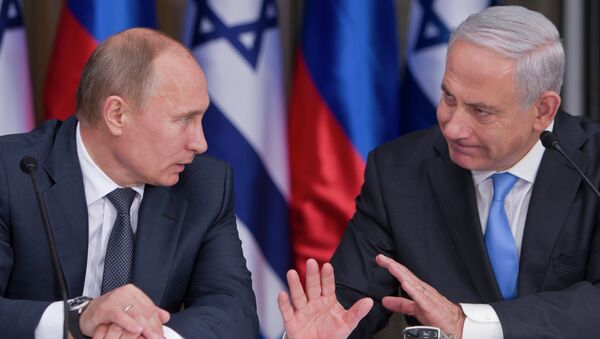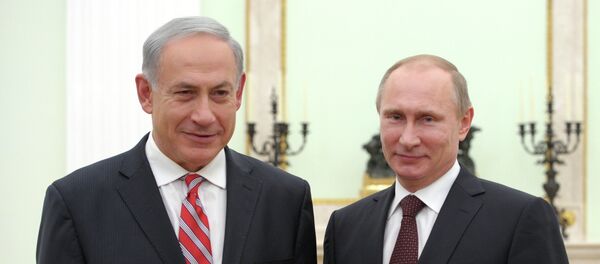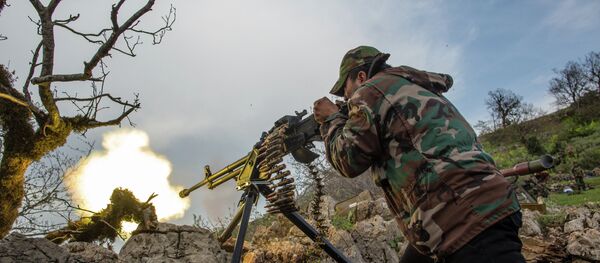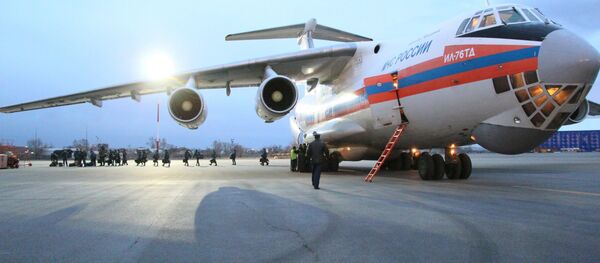The Lebanese Shia militant group assisting the Syrian military in its war against terror groups operating in Syria including Jabhat al-Nusra and ISIL is itself classified a terrorist organization by Tel Aviv, (although not by Moscow). It's worth mentioning that thus far, in contrast to its Iraqi counterparts, the Syrian army has shown much more discipline in keeping its advanced weapons systems out of unwanted hands, whether they be friend or foe.
According to both Russian and Israeli analysts, the other less-publicized but no less important goals for the two sides will be to reach an agreement on preventing unintended clashes between the Israeli military and Russian forces stationed in Syria's western provinces, including the Latakia airport. In this connection, it is rumored that Israeli Chief of Staff Gadi Eizenkot may accompany Netanyahu on his trip.
Russian business newspaper Kommersant cited Israeli military expert Yakov Kedmi, who emphasized that with the creation of a base at Latakia capable of serving as a point of entry for Russian military supplies and equipment, including advanced aviation, "it will now be extremely important to specify the conditions and to coordinate in order to avoid a direct clash between the Israeli and Russian armies, and this is a topic which is best to be discussed at the highest level."
It is also assumed that the prime minister may hope to deter Russia from providing Damascus with advanced air defense systems, including the S-300 and S-400 surface-to-air missile systems.
Monday's visit will be Netanyahu's first meeting with the Russian president since November 2013, when the Israeli prime minister appeared set on stalling the Iranian nuclear deal or at least at tightening its conditions. Kommersant recalled that Putin and Netanyahu could not come to agreement on the issue, despite the friendly personal relations between the two men. The upcoming visit may be complicated by Moscow's announcement earlier this summer that it would deliver the S-300 systems to Iran, following the lifting of UN sanctions. Russian analysts suggest that the dynamic may also be affected by Netanyahu's decision, willingly or not, to take the side of Washington and Brussels over the ongoing crisis in Ukraine.
The official emphasized that Russia and Israel "have a long-established history of effective dialogue and friendship, and therefore hope to find common ground on all the points surrounding the security of the Middle East this time as well."
The parliamentarian recalled that as far as the Syrian conflict is concerned, Israel "does not support any of the warring party," with concerns as regards both Bashar Assad "and the Islamic radicals fighting against him." Nonetheless, in his words, the Israeli prime minister's main concern will be "to prevent Russian armaments from getting into Hezbollah's hands," the armed wing of which is fighting on the side of the Syrian Arab Army. In this connection, he warned that if the Israeli military is to find evidence that such a danger exists, "the Russian weapons will be destroyed."






